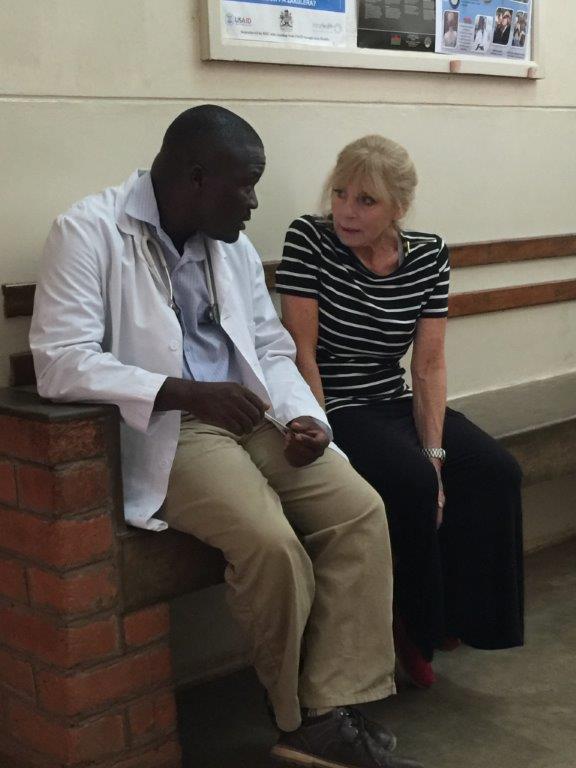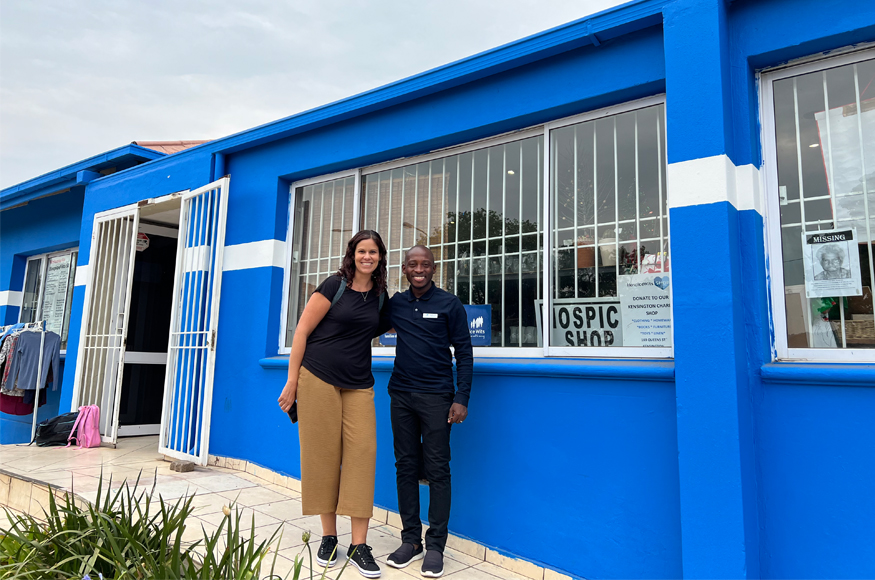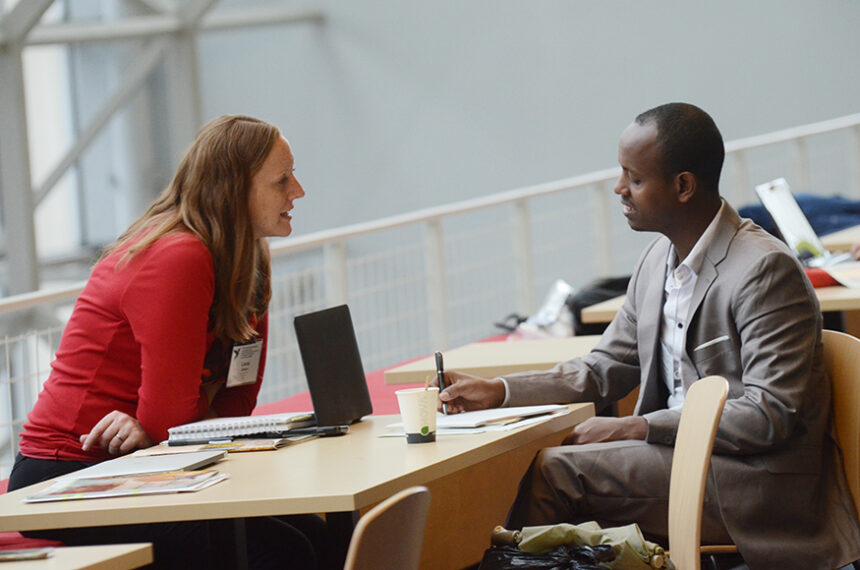May 21st is recognized globally as the World Day for Cultural Diversity for Dialogue and Development. This day, which is coordinated by the United Nations Educational, Scientific and Cultural Organization (UNESCO), celebrates the vast richness of the world’s culture and recognizes the importance of intercultural dialogue in establishing peace and sustainable development. UNESCO reports that the cultural and creative sector is one of the greatest drivers of development worldwide, representing 3.1% of the global GDP and more than 48 million jobs. International policies and engagement often underprioritize intercultural exchange, but Global Partners in Care (GPIC) values and promotes the intercultural learning and exchange that make our partnerships so meaningful.


The Sustainable Development Goals (SDGs) recognize the importance of intercultural dialogue in achieving sustainable development globally. GPIC partners are seeing this in their successful completion of projects in the US and in Africa, which serve to benefit their respective communities in many ways. From expanding access to palliative care services, to furthering the global palliative care research agenda, to educating US communities on the needs of communities abroad, GPIC partnerships have demonstrated how intercultural dialogue can foster sustainable impact.
The power of GPIC partnerships extends far beyond carefully executed projects. They also foster a sense of solidarity that transcends global borders. In our most recent partner survey, many responses from both the US and abroad reported that one of the most valuable aspects of their partnership was the relationship itself. The opportunity to learn and grow together through partnership offers the chance for lifelong friendships to form. With the many challenges that we face working in palliative care, relationships developed through our partnerships provide invaluable support that can help us face these challenges.
“The most meaningful thing about our partnership is the awareness that there are caring, compassionate people on the other side of the globe who are as fully invested and passionate about palliative care as we are, no matter the differences in languages, living standards, income etc.”
This relationship has profound impacts in the wake of global disasters. The United Nations reports that 75% of the world’s global conflicts have a cultural component to them. The relationship between GPIC partners bridges the gap between communities, allows the exchange of knowledge and ideas, and facilitates a compassionate exchange. This promotes diversity with communities and empathy towards those around the world. As a result of this, partners can respond quickly and dynamically to the needs of one another, especially when those that arise are urgent.


Facilitating this exchange has become easier with advances in social media. It is easier than ever to share information from a partner with your larger community. Sharing images and videos about practicing palliative care in your setting allows friends from overseas to gain better context for the care provided by your organization.
The World Day for Cultural Diversity for Dialogue and Development serves as a reminder of how partnerships can accomplish far more than an exchange of resources. They can serve as a form of education that fosters global solidarity. With compassion at the core of palliative care work, global partnerships can extend the compassionate spirit of palliative care organizations far beyond the reach of their own communities.

